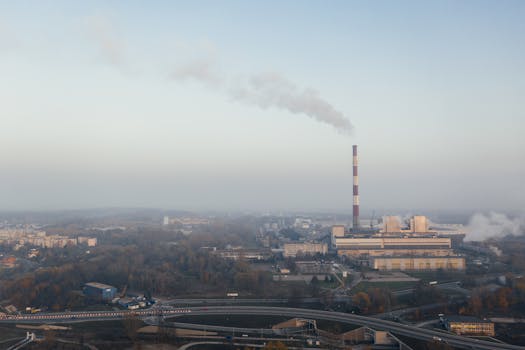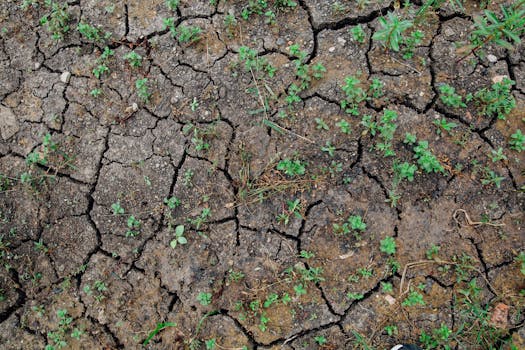
The Impact of Climate Change on Global Ecosystems
Climate change is having a profound impact on global ecosystems, leading to rising temperatures, more frequent natural disasters, and altered species distributions. The consequences of climate change are far-reaching and can be seen in every corner of the globe, from the melting of polar ice caps to the dying of coral reefs.
Causes of Climate Change

Climate change is primarily caused by human activities, such as the burning of fossil fuels, deforestation, and land-use changes. These activities release large amounts of greenhouse gases, such as carbon dioxide and methane, into the atmosphere, leading to a global average temperature increase of over 1°C since the late 19th century.
Effects of Climate Change on Ecosystems

The effects of climate change on ecosystems are numerous and varied. Rising temperatures are altering the distribution of plants and animals, with many species shifting their ranges poleward or to higher elevations. This can lead to changes in community composition and ecosystem function, as well as extinctions.
Climate change is also leading to more frequent and severe natural disasters, such as hurricanes, wildfires, and droughts. These events can have devastating impacts on ecosystems, causing widespread damage and loss of life.
Consequences for Human Societies

The consequences of climate change for human societies are significant. Rising temperatures and changing precipitation patterns are affecting agricultural productivity, leading to food insecurity and economic losses. Climate change is also exacerbating water scarcity, leading to conflicts over this vital resource.
Furthermore, climate change is having significant impacts on human health, from heat-related illnesses to the spread of disease vectors such as mosquitoes and ticks.
Conclusion

In conclusion, the impact of climate change on global ecosystems is profound and far-reaching. It is essential that we take immediate action to reduce greenhouse gas emissions and mitigate the effects of climate change. This can be achieved through a combination of renewable energy sources, sustainable land-use practices, and climate-resilient infrastructure. By working together, we can reduce the risks associated with climate change and create a more sustainable future for all.






